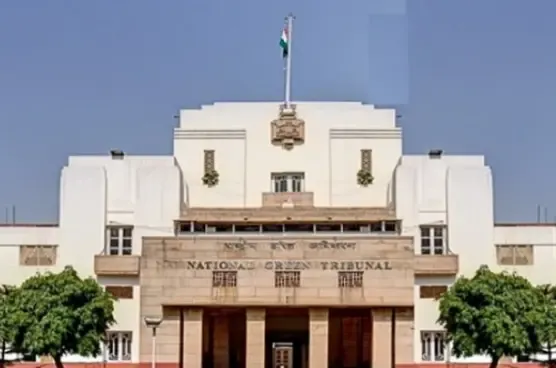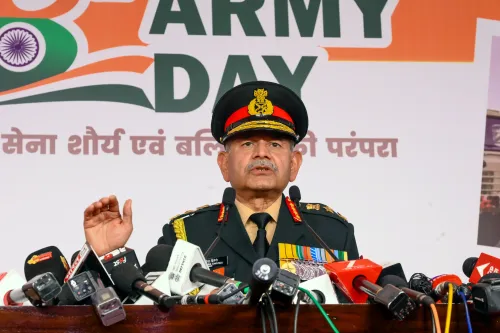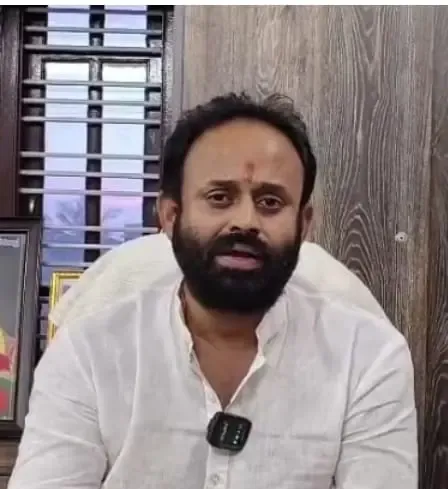What actions is NGT taking regarding groundwater management in Lucknow?

Synopsis
Key Takeaways
- Groundwater levels in Lucknow have fallen dramatically.
- NGT is actively monitoring groundwater management.
- CGWB's block-wise management plans are crucial.
- Artificial recharge and conservation are key strategies.
- Next hearing is set for December 17.
New Delhi, Sep 29 (NationPress) The National Green Tribunal (NGT) has requested a status update on the execution of the block-wise groundwater management plan devised by the Central Ground Water Board (CGWB) for Lucknow, where the groundwater level has apparently declined by a staggering 160 feet over the last ten years.
A Bench led by Chairperson Justice Prakash Shrivastava was reviewing a suo motu case triggered by a news article indicating that in regions like Azad Nagar in Geetapalli, groundwater, which was accessible at a depth of 80 feet a decade ago, is now located at 240 feet.
In an order issued on September 26, the Bench, which also included Justice A. Senthil Vel, acknowledged the requests made by the Lucknow District Magistrate and Municipal Commissioner, who asked for a four-week extension to provide details regarding the water bodies under the jurisdiction of the Lucknow Municipal Corporation, including the extent of encroachments and their current state.
During the proceedings, the Central Ground Water Authority (CGWA) referenced its report revealing that a National Aquifer Mapping (NAQUIM) study was conducted in Lucknow district in 2021.
Following this analysis, the Central Ground Water Board (CGWB) developed management plans by block, proposing strategies such as artificial recharge, water conservation, and enhanced water-use efficiency to mitigate further groundwater depletion.
After the representatives for the District Magistrate and Municipal Commissioner requested additional time to submit the progress made in executing the block-wise management plan, the NGT granted the request and postponed further discussions to December 17.
In May of the previous year, the green tribunal acknowledged a press report that indicated the rainwater harvesting programs by the Municipal Corporation and the Lucknow Development Authority (LDA) were merely theoretical and had “failed miserably,” with numerous apartments lacking adequate facilities to capture rainwater.
The NGT noted that the article raised significant concerns under the Environment (Protection) Act, 1986, and the Water (Prevention and Control of Pollution) Act, 1974, prompting it to take suo motu cognizance and issue notifications to various authorities including the Uttar Pradesh Pollution Control Board, Lucknow Nagar Nigam, Lucknow Development Authority, and the District Magistrate of Lucknow.










